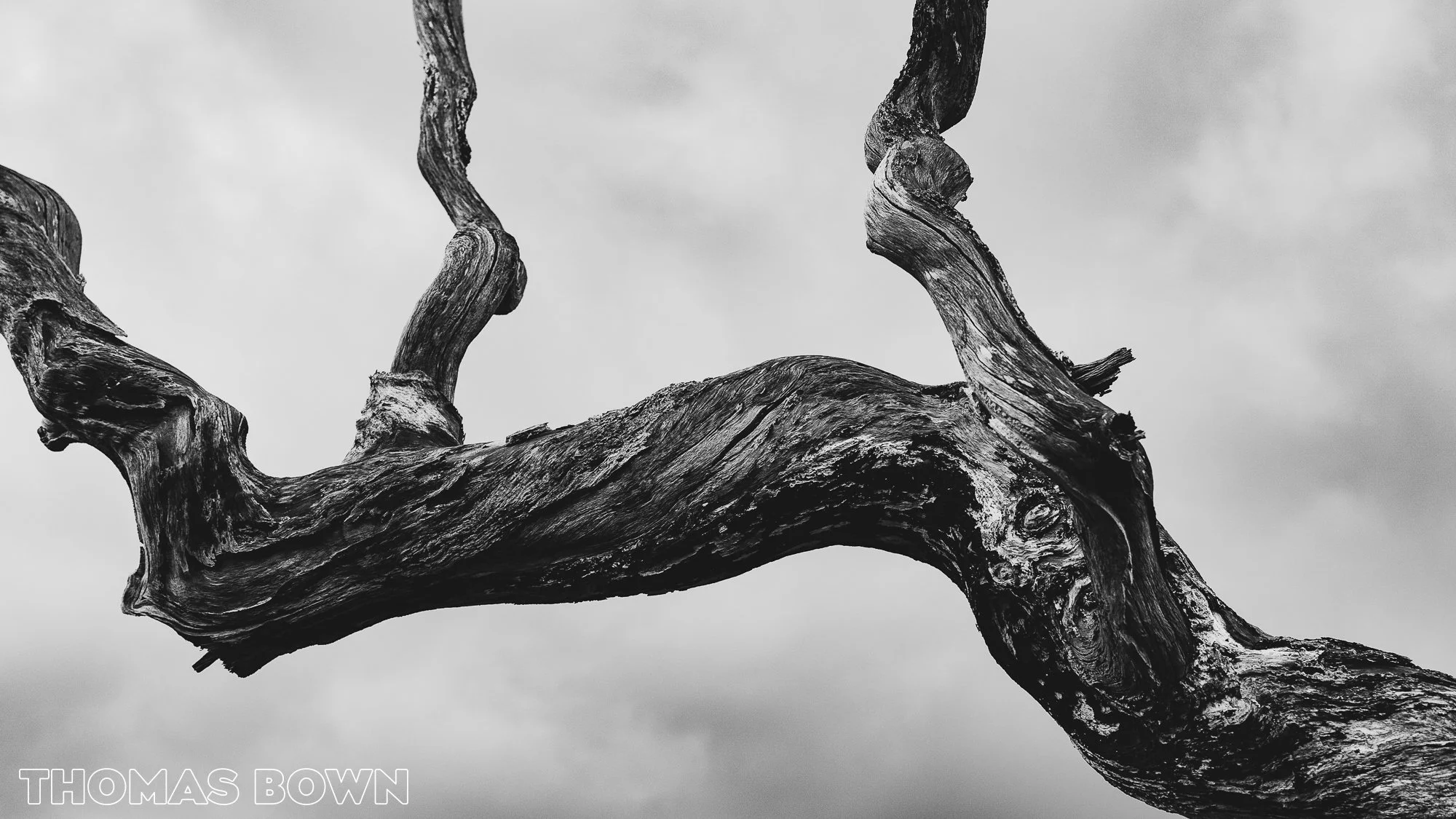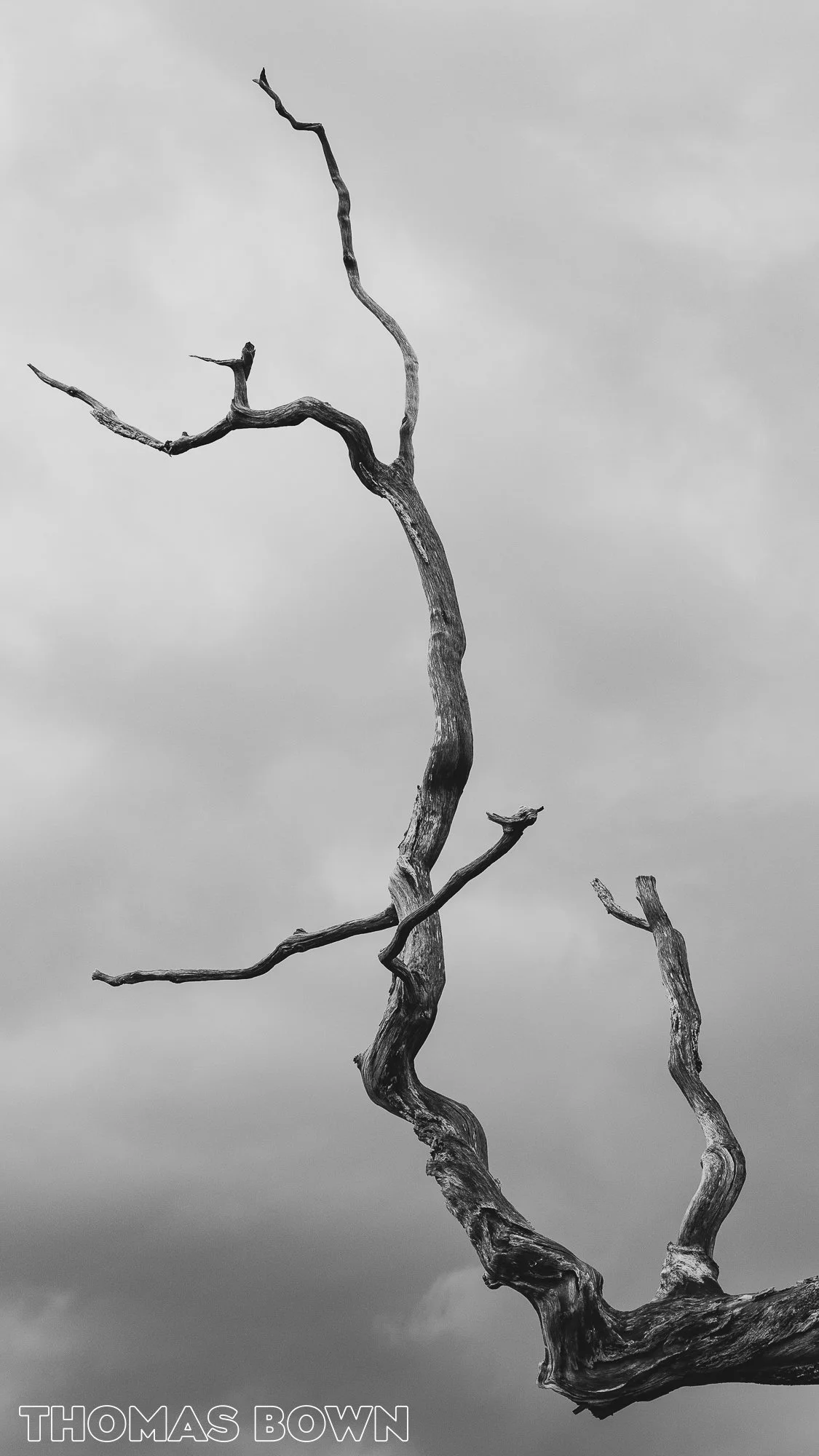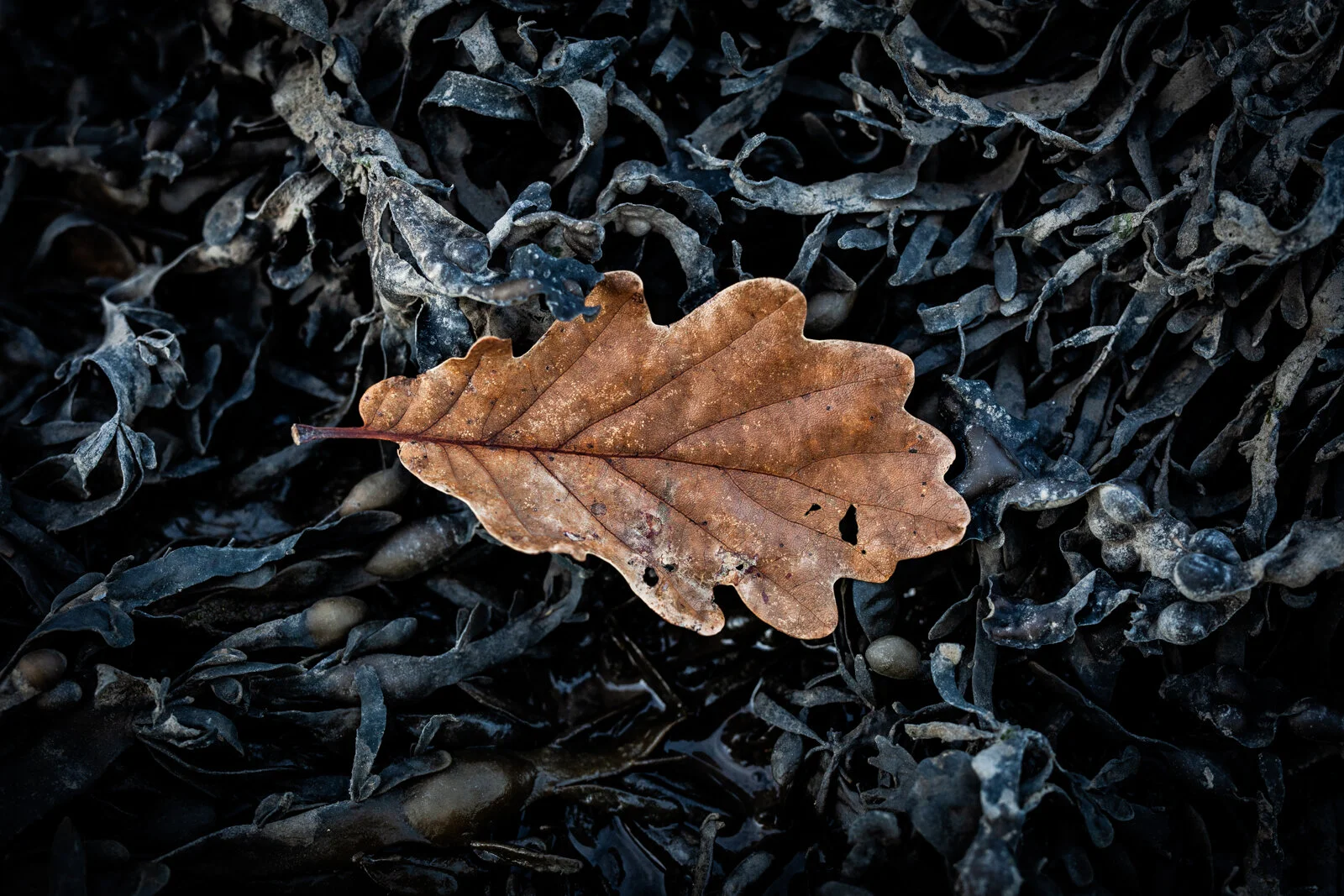We filmed a bit from a boat around Llangwm. Kev was our skipper and guide telling us all about the river from a lifetime fishing the waters.
cleddau estuary
Film - Blue Gold
Password to watch : Cleddau
I’ve been out with the drone recently working with artist Tim Williams on a film about the River Cleddau here in Pembrokeshire. As with lots of watercourses in the UK, the Cleddau faces various threats from farm waste, industrial effluent and sewage. The idea was to follow the river, and the plight of piece of common plastic waste as it made its way from a small tributary to the open sea beyond Milford Haven. Tim conducted a number of interviews with long time users and observers of the river to make a record of their thoughts and memories of the river and their feelings about its plight. The river is a favourite part of the county for me, and often overlooked by visitors and locals alike. A spotlight is now beginning to be shone on it as part of a wider movement of concern for our waterways.
Riverside
A walk along the river at Lawrenny today and a trip to see a tree that I’d seen a picture of a long while ago but hadn’t got around to going to have a look at for myself. A gnarled and twisted old snag on the river bank. Its always a pleasure to spend a bit of time on the river, sandpipers, teal and egret fed in the mud and an old fox emerged into the sun on the far bank to sniff the air before slinking off.
A new word for me today - In forest ecology, a snag refers to a standing, dead or dying tree, often missing a top or most of the smaller branches.
Along the river Cleddau
The Cleddau estuary is such a hidden gem of Pembrokeshire. I imagine most tourists may visit for years before they even think about going to take a walk anywhere near the river. With such an impressive coastline to explore there’s no room in the schedule for looking elsewhere. Which is all fine by me. It’s always nice and quiet on the river and it feels like a different world. I wrote a few weeks back about the history of the ferries and industry on the river. Here, near Hook, coal mines were dotted along the banks and much was transported by water to market further afield. The remains of small jetties can still be seen here and there in the form of ancient timbers sticking out of the water.
Edit: The name on the wrecked boat has made me chuckle since I googled it. Llamedos. Terry Pratchett used the name in his Discworld novels for a land ruled by druids with rain as its major export. The name is a play on Dylan Thomas’ fictional town of Llareggub; ‘Bugger All’ spelt backwards.
Llangwm, mid November
I often make my way down to the estuary at this time of year. It's a little more sheltered when being on the coast is to experience the sea in its wildest state and it can be exhausting to spend time there; hunkering against sea spray and crashing noise. Standing in the mud on the estuary banks the water is flat and moves slowly. The tide gurgles in gently and not much punctuates the stillness except for the flitting of birds in the gathering gloom. The sucking mud dictates the pace of travel and everything feels slowed to its will. The boats here languish, drained of any memory of tack and jibe. Seeing me taking pictures, a woman emerges from her patio door to tell me she was born in the house and after a time away, has returned. She tells me how the moon had risen behind the woodland on the far bank and how she sees bass and mullet in the shallows sometimes. Her son still fishes the river but his easiest catch was a salmon trapped in a pool above the stepping stones. She tells me she is 93. We say goodbye as a chill breeze reminds us of the cold and the dark. Later, I'm introduced to Poem in October by Dylan Thomas and see some of these moments all over again. Dylan Thomas’ for me is the best voice to describe West Wales. Much of his writing was done in Laugharne, the next big river mouth East of here, and many of the images that he conjures with his words are familiar to anyone who wanders these places.

























